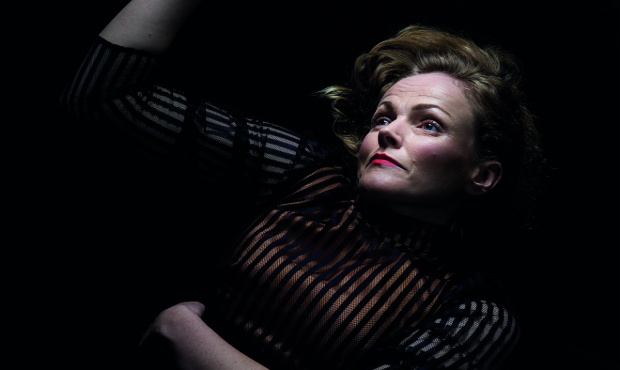Frankenstein and new Maxine Peake play in Royal Exchange 2018 season
Michael Boyd will also direct a production of ”The Cherry Orchard”

Manchester's Royal Exchange has announced its spring/summer 2018 season, with highlights including a new adaptation of Mary Shelley's Frankenstein and a new play from Maxine Peake.
The season opens with April De Angelis' new version of Frankenstein (9 March to 7 April). 200 years after the novel was originally published Matthew Xia's production stars Shane Zaza and will ask questions about identity, responsibility and ambition in modern-day Britain.
In a co-production with Bristol Old Vic, former RSC artistic director Michael Boyd will then present Chekhov's The Cherry Orchard (19 April to 19 May) in a new translation by Rory Mullarkey.
Maxine Peake will reunite with Exchange AD Sarah Frankcom for a new production of Samuel Beckett's Happy Days from 25 May to 23 June. This will be followed by a brand-new play by Peake – her first for the Manchester theatre – called Queens of the Coal Age. Directed by Bryony Shanahan, the true story follows four women in the Parkside Colliery pit as they make a stand for each other and their way of life. The co-production with the New Vic Theatre runs from 28 June to 21 July.
In the Studio, Yellow Earth and Black Theatre Live present Mountains: The Dreams of Lily Kwok (22 March to 7 April), a new adaptation of restauranteur Helen Tse's family memoir, written by In-Sook Chappell and directed by Jennifer Tang. RashDash present their energetic response to Chekhov’s Three Sisters from 3 to 19 May; and the theatre's Young Company present Mixtape (11 to 14 April) – part musical, part gig, part play, the piece is directed by Matt Hassall and exploring what it means to live in Manchester today.
On the new season, Frankcom said: "The stories this season are about ordinary people, our family, friends and neighbours, and the lengths they go to find themselves in an increasingly complex world.
"Our in-the-round space brings audience members into the middle of these stories, making the ordinary seem extraordinary and creating a space for reflection, celebration and conversation – it is this that makes theatre so important today, and why the theatre we are making should always reflect the here and now."


















